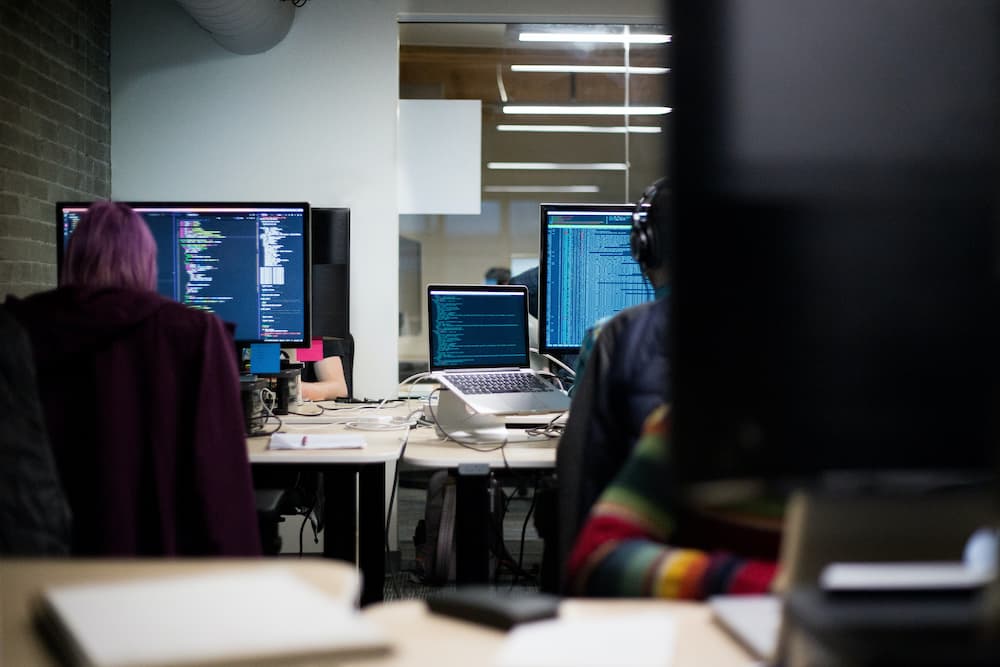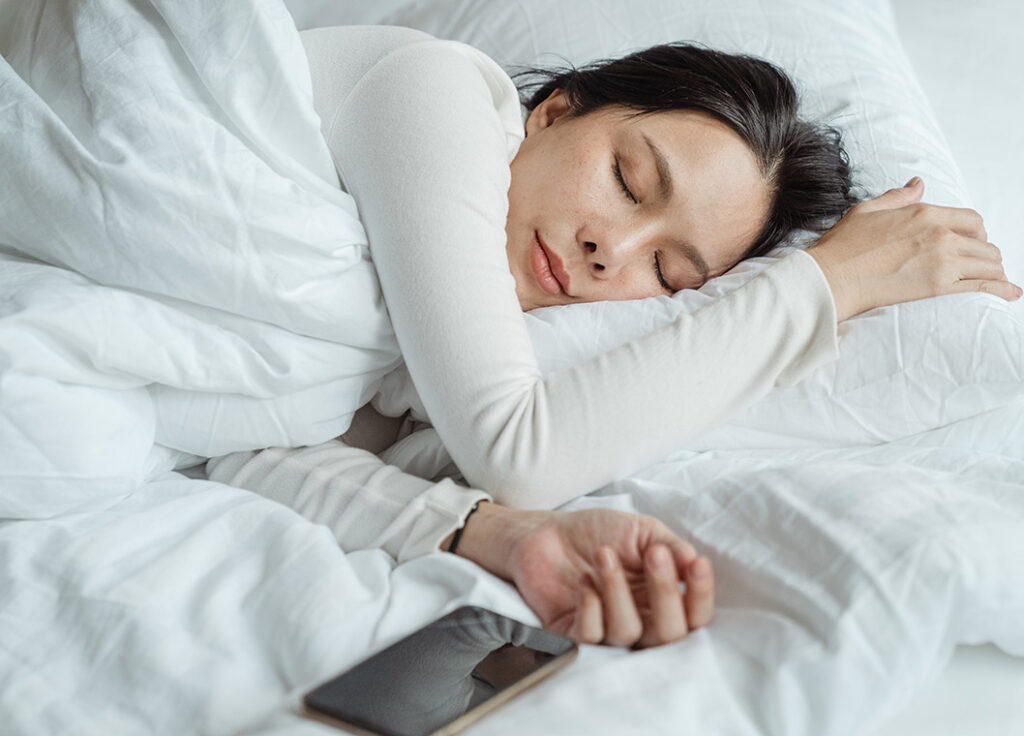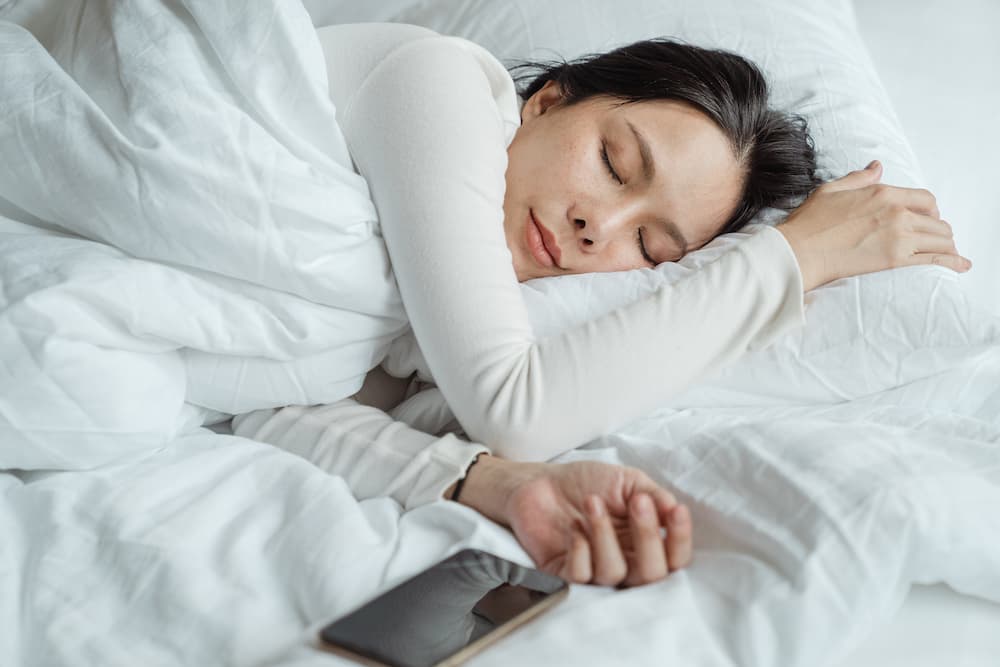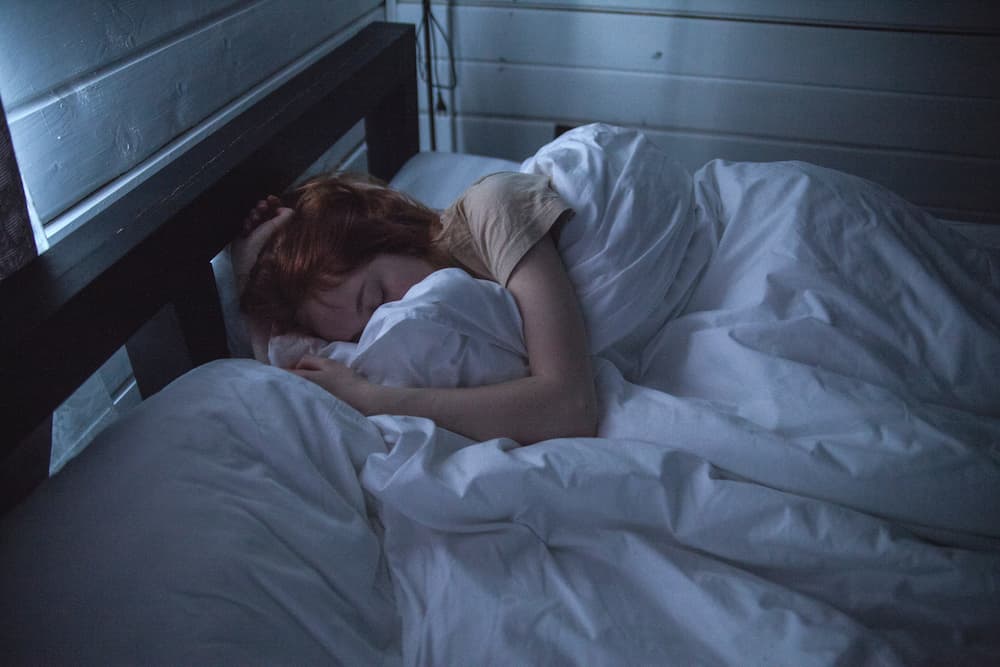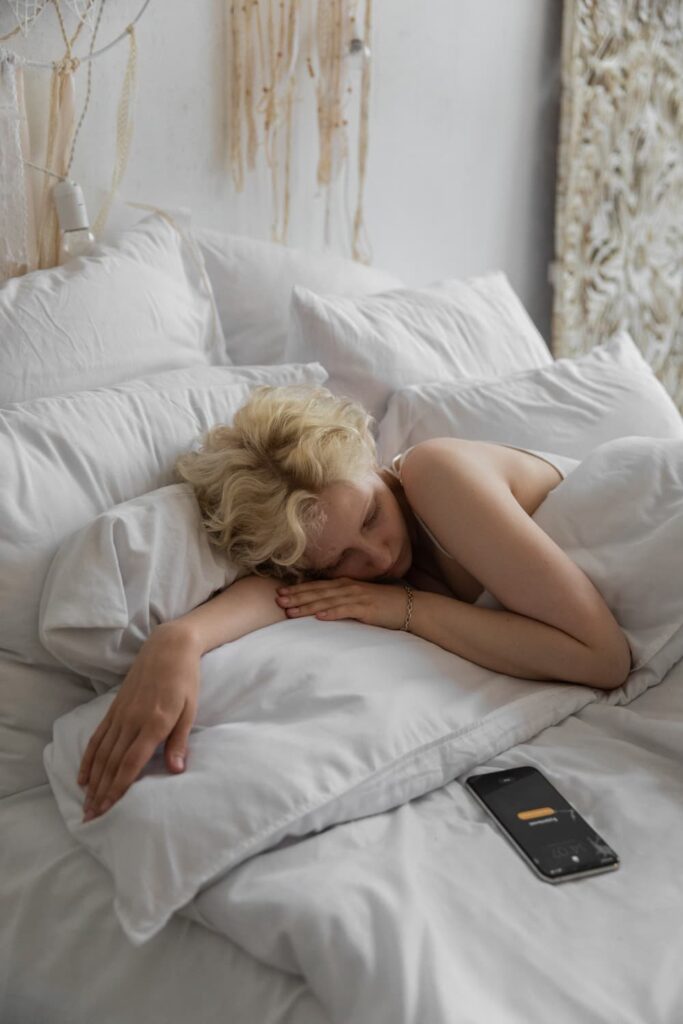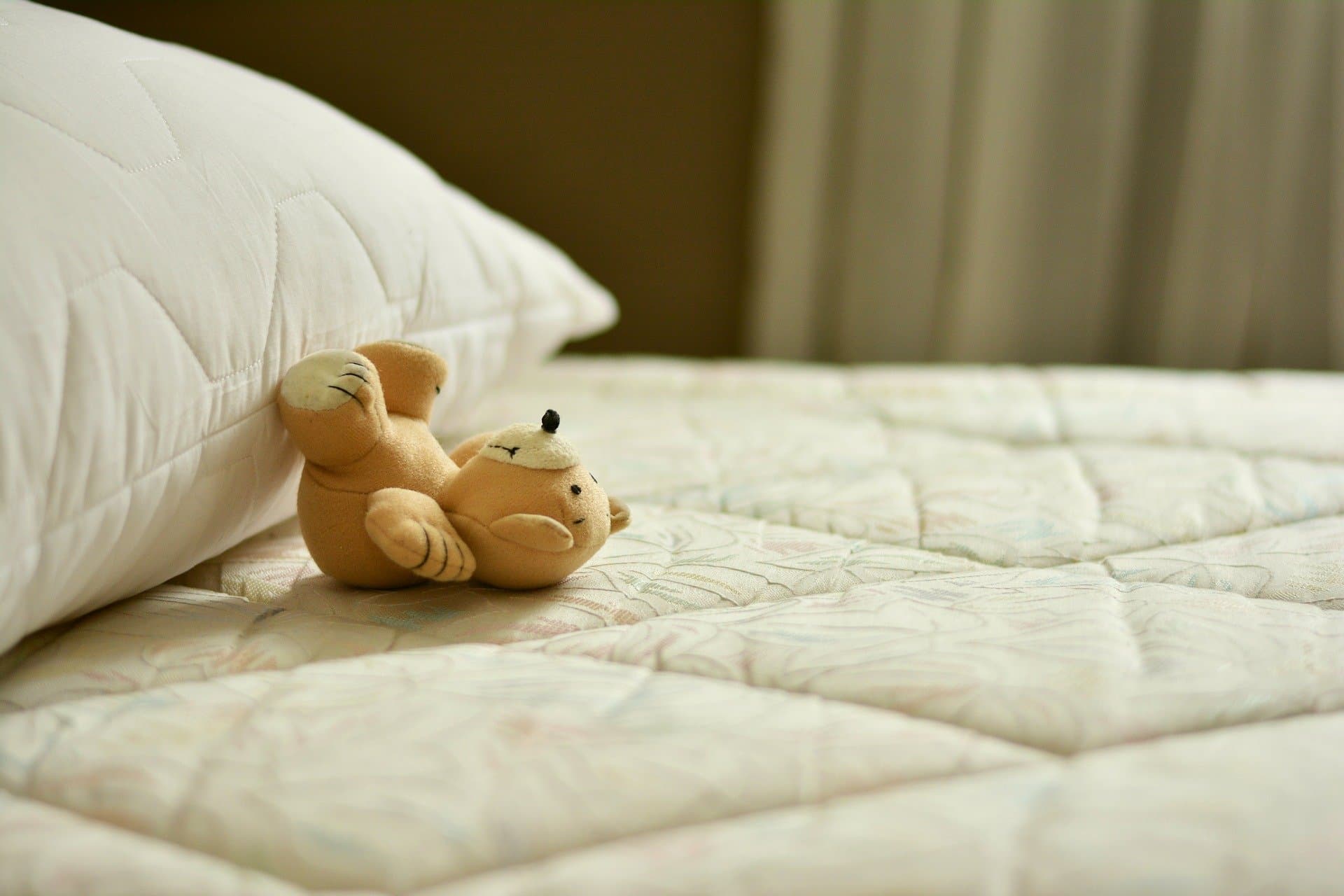As of now, development is important for any industry. The most popular online activities that we spend our time on include distance learning, online payments, and leisure. Other options are watching movies, TV shows, YouTube videos, or playing online games. In fact, the online gambling industry shows extreme popularity. This makes it super-competitive. So, every development startup in this niche strives towards leadership and recognition.
As a casino choosing games from top providers, Winorama offers matchless experiences. Once you give it a try, you will see how advanced the industry is. What is more, you will get a chance to play various games and win!
Top 3 Casino Development Companies
The online gaming industry has been expanding in a steady manner. For that reason, it is worthy to learn what makes the market so interesting. There are many purposes for casino software development. For example, these include quick payment processing and diverse quality games. What's even more important, top-notch software is a sure way to attract and maintain more users. In exchange, user satisfaction and increased activity bring online casinos more profits. Let's discover more about the most notable development companies that influence the market.
NetEnt
NetEnt is among online gaming pioneers. The company has been operating for about 20 years while introducing some of the most known games. The systems created by NetEnt operated with 58.3 billion-worth gaming transactions in 2019. The startup has developed more than 200 thrilling games and works with over 200 gaming operators, every one of them known globally. Without a doubt, NetEnt keeps improving the industry as a respected software provider.
Playtech
Playtech has released over 600 casino games for different devices and platforms. The company's poker solution improved the biggest global online poker network operations. Besides, Playtech remains the most popular live casino provider in Europe and Asia. Their superior technology and approach to online gambling result in consistent user satisfaction.
Microgaming
Microgaming supplies various gambling software and builds astonishing apps from scratch. Among them are Book of Oz, Lucky Leprechaun, and hits like Jurassic World and Game of Thrones. The companies’ progressive jackpot system has paid out around €1.45 billion as of now. But there’s more to Microgaming’s big numbers. The company paid around €17 million in 2015 to a British soldier as a prize, which became a Guiness World Record.
Aryballe Launches — Leader In Automotive Industry
Aryballe Technologies has initiated the Digital Olfaction Automotive Consortium (DOAC). As a result, the key actors in the industry collaborate on new mobility services. They also promote the evolution of self-driving cars. For this to prosper, Aryballe and the DOAC members research the impacts of olfaction. They strive to establish odor measurement standards to enhance olfaction product/services development and help the industry become better.
Aryballe provides accurate scent molecule analysis. The company uses a database of known smells to match with new scents and expand their knowledge of odors. Aryballe uses advanced optics, ML, and biochemistry. With this, studying odors becomes more accessible and effective. Odor is harder to distinguish when compared to color and sound. So, gaining this information can change many industries forever.
At CES 2018, Aryballe introduced its first product — the NeOse Pro™. It is a compact handheld device that provides a unique olfaction analysis technology. By using it, olfaction measurement companies can enhance their products and, as a result, improve user experience. The NeOse Pro grants extreme accuracy when analyzing smells in the car of any scope and nature. As a result, this helps ensure the safety and convenience of car drivers.
Besides standard-setting, the DOAC will assist with building an accessible reference aroma database. Moreover, the DOAC analyzes prototype sensors and analytic software versions from Aryballe. The amount of engineering support to develop these initiatives is immense. For these exact reasons, users can use the tool's full potential.
Best Education Software Development Companies
Virtual learning has skyrocketed over the last few years, and it only continues to expand. With this comes the need for innovative e-Learning solutions. They make education simpler and more entertaining for both sides. Teachers can enjoy planning and tracking tools to manage student progress. Learners, on the other side, get access to unlimited materials and engaging utensils. Let's explore some of the best development companies and their unique education solutions.
Cleveroad
Cleveroad deals with web and mobile solutions for businesses. The company has extensive expertise in IT. This allows it to put forward first-rate applications, platforms, and design techniques. Developing custom options for educational providers helps enhance the learning experience. From small apps to fully-functioning software products, Cleveroad gives online learning a breath of fresh air.
Techugo
This Indian IT startup delivers mobile and web applications using the latest innovations. Techugo presented a solution for Sterkla, an online coaching company. It enables users to find their perfect coach and analyze the process as it goes. The solution includes integrated learning tools, online chatting, social feed, and much more. Techugo is one of the most-known AR and VR provider companies in India and worldwide. Its apps surpass the field of education and benefit governmental and social causes.
Capital Numbers
The Capital Numbers' team of experts launched a successful e-Learning portal. It has an extensive library of courses, tests, classes, lectures, and other materials. This online learning tool lets educators take the most out of distant teaching, freeing them from any limitations associated with it. In the meantime, students can embrace learning with extra features. Among them are live-streaming, customization, and personal consultations.
Intuz
Intuz is another Indian tech startup. It developed a variety of functional solutions for education and self-improvement. For instance, the company introduced OBGY — an application that simplifies online learning and exam preparation. The OBGY app targets medical students. It features subject-specific tests, detailed references, and image-based tasks. The app also lets students track their progress and reach out to mentors.
